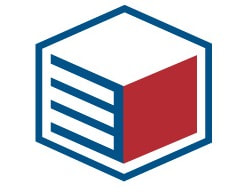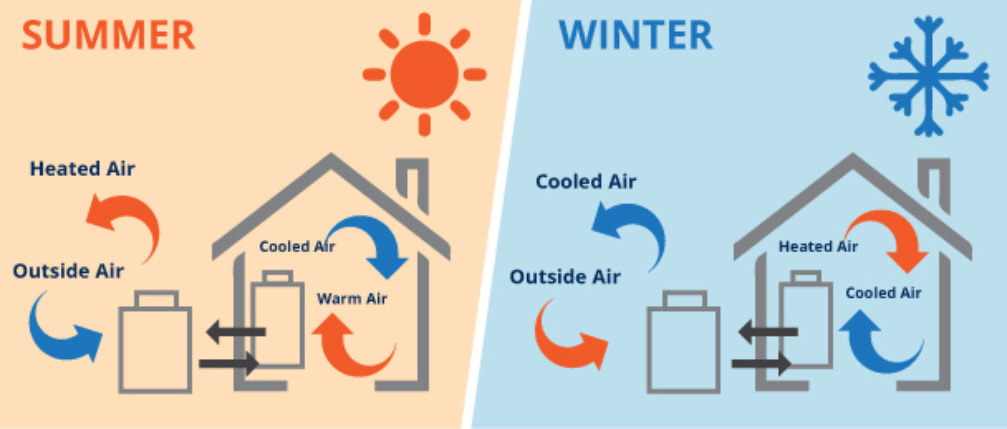|
(NC) - If you are considering heating and cooling options for your home or are looking for ways to reduce your energy bills, you could consider a heat pump. Despite its name, heat pumps are unique appliances that provide both heating in the winter and cooling in the summer. Heat pumps are not new; the first unit came off the production line in the mid 1970s.
In size and appearance, a heat pump looks like a central air conditioner. A heat pump takes the place of both furnace (with a supplementary heating system) and central air conditioning equipment with a single heating-cooling system. This appliance can pump heat into the home in the winter and pump heat out in the summer. Heat pumps are typically operated electrically; however, a limited number of gas-fired heat pumps are available in Canada. Some types can also provide supplementary hot water heating. Heat pumps transfer heat from natural heat sources in the surroundings, such as the air, ground or water to the home. In cooling, a heat pump transfers heat in the opposite direction, from the home to the surrounding air, ground or water. There are two main types of heat pumps: air-source and ground-source (also referred to as an earth-energy system). The only difference between the two types is the place or "source" to where heat is either taken from or moved to (air or ground) in the heat pump operation. It is most important that the heat pump for your home is the proper size to provide enough heat on the coldest winter night and enough cooling on the hottest summer day. Because the performance of some types of heat pumps decreases during the coldest portion of Canadian winters (less natural heat from the heat pump to source), most heat pump installations have a supplementary or auxiliary heating system in the form of a gas or oil furnace or an electric heater. To determine your home's proper sizing, your installing contractor should perform a "heat loss/heat gain" calculation. To locate a qualified heating, ventilation and air conditioning (HVAC) contractor consult members of the Heating, Refrigeration and Conditioning Institute of Canada (HRAI) who carry relevant trade, fuel safety and municipal licences. Log onto www.hrai.ca or call toll-free at 1-800-267-2231 for a residential heat pump specialist in your area. Heat pumps benefit the environment by using the heat in the surrounding air, water and ground to warm your home. The sun continually replenishes these heat sources; therefore, the extracted heat is renewable energy as compared to heat that must be produced from fuels or electricity. Employ what Mother Nature has to offer to heat and cool your home comfortably, efficiently and economically.
1 Comment
|
AuthorGil Strachan is a professional home inspector, representing Electrospec Home Inspection Services in east-central Ontario since 1994. CategoriesAll Appliances Buying And Selling Cooling Electrical Environmental Exterior Health And Safety Heating Home Improvement Home Inspection Insulation Insurance Interior Plumbing Roofing Special Structure Archives
January 2024
|


